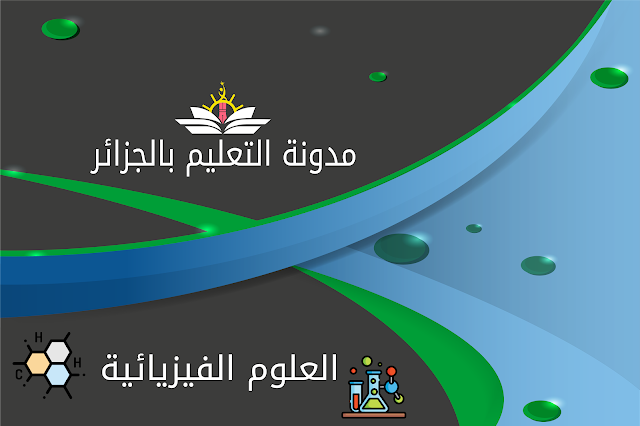فرض الانجليزية (2) PART ONE: Reading
(15 points)
Read the text carefully then do the activities.
Dickens’s Life
Charles Dickens was born near Portsmouth in 1812. At the age of 12, he was sent to work in a factory in London and spent his Sundays at Marshalsea prison because his father had been imprisoned there for debt. His sensitive nature certainly suffered and memories of that period inspired much of his writing.
Later Dickens worked in a lawyer’s office and then became a parliamentary reporter.
He wrote articles in several magazines and The Pickwick Papers, first published in 20
monthly numbers, quickly made him famous.
In the following thirty years, Dickens published a novel almost every year, and he became more and more popular. Dickens gave many public readings of his books In
England, Ireland, and America.
London slums and workhouses, poverty, the power of money, ineffective justice, crime,
the cruelty of the school system, the exploitation of children are recurrent in Dickens’s works.
The terrible living conditions of most of his characters greatly moved his readers from all social classes and certainly pressed the government for social reform.
Dickens also found time for his family (he had ten children), for charities and for amateur theatre.
When he died in 1870, he was buried in Westminster Abbey and crowds queued up for days to pay a last homage to the great man.
From “ Step in” Hatier
A) Comprehension: (7 points)
1- Write the letter which corresponds to the right answer.
A- Dickens was famous………………………
a) novelist b) lawyer c) factory worker
B- His work was influenced by………………..
a)his imagination b)his readings c)his childhood
2 - Say whether the following statements are True or False according to the text.
a) Dickens was born in the 19
the century.
b) He went to prison for debt.
c) His books described the glorious history of England.
d) His novels brought about social improvements.
3 - Answer the questions according to the text.
a) What did Dickens suffer from in his childhood?
b) Which themes do we find in Dickens’s books?
c) What were Dickens’s readers moved by?
4 - In which paragraph are Dickens’s interests mentioned?
B) Text Exploration: 8pts
1. Match the words with their definitions.
words definitions
Slums
Recurrent
Characters
Reform
Persons in a novel or play.
Occurring frequently or regularly
Change made to improve bad conditions
A city area of poor, dirty and unrepaired houses.
2. Complete the table as shown in the example.
Noun Adjective
Eg. popularity popular
poverty
famous
cruelty
recurrent
3. Combine these pairs of sentences using the connectors between brackets.
a) Dickens published many books. He read them in public in England, Ireland and
America. ( which)
b) Dickens died in 1870. He was buried in Westminster Abbey. (who)
4. Write the silent letter in each of the following words.
father - debt - whole - writing
5. Fill in the gaps with words from the list.
theatre - died - wrote - where
William Shakespeare was born on April 23
rd
, 1564 in Stratford-upon-Avon. He
………….. his first play “Henry VI” in 1589 and went to London in
1594……………..he became an actor. Later, he built his own………… “The Globe”.
After a long time full of successes, Shakespeare …………in 1616.
Part Two: Written Expression (5points)
Choose ONE of the following topics.
Topic 1: Using the notes given, write the biography of Charles Chaplin (Charlot).
- Charles Chaplin / born 1889 / England /parents/actors.
- Charles’s father/ to leave mother/ to become extremely poor.
- Mother ill/ to become poorer.
- 18 years old /Charles to join successful theatre troupe.
- 1910/ troupe to receive invitation/ America.
- Beginning Charles’s career/ to sign contract/ film company
- First films / silent /to become famous funny film actor
- To go back England/1922 /So famous/ to receive 73,000 letters/fans
- Died/ rich/ famous/1977
Topic 2: Write a letter to the UNICEF in which you denounce the abuse of the rights of
the child in Algeria. Give concrete examples and suggest some solutions to
the problem.











